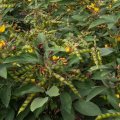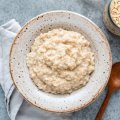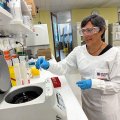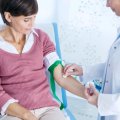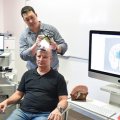University of Queensland Gatton PhD student Eduardo Santurtun is heading into unchartered waters with his research into the effects of sea transport on sheep feeding behaviour.
Mortality of sheep in Australian live export occurs mainly in sea transport.
However, no research has been done into the impact that ship motions have on sheep welfare.
“When transporting livestock there are several stresses involved in transporting the animal from the farm to the consumer,” Mr Santurtun said.
“No research has been done into the effects of ‘ship-motions’ and this project will provide a more thorough understanding of the impact these motions have on sheep,” he said.
A ship has six motions that can potentially stress the sheep. The three most important are roll (side to side), pitch (end to end) and heave (up and down).
It seems likely that sheep suffer motion sickness in a similar way to humans and this is what the research project aims to discover.
The sheep travel from Australia to the Middle East and beyond, for voyages of several weeks, with a mortality rate of approximately one per cent.
The two most common reasons for mortality are when the sheep stop eating or have salmonella poisoning.
“In 2010, 26,825 sheep died, with about one half of these due to failure to eat, which may have been partly due to the motions of the ship,” Mr Santurtun said.
“As part of the experiment we use a modified flight simulator to create the roll and pitch motion of the ship and a forklift to create the heave.”
While this is happening the sheep’s food consumption and balance is monitored.
The final experiment will look at combining all three of the motions.
“This is a more realistic scenario but it is important to understand each of the motions in isolation first so that we can suggest improvements to the transport arrangements,” he said.
This research is being supported by the Centre for Animal Welfare and Ethics, the Rosalind Dixon Memorial Scholarship (Humane Society International) and the Humane Slaughter Association.
Media: Erin Pearl, telephone (07) 5460 1229, mobile 0409 265 587
.jpg)

